Dressing up in costumes and engaging in dramatic roleplaying has been enjoyed by children throughout the ages. Whether your child is a princess, dragon, or fairy, your child’s brain is working its creative muscle when they put on a costume!
Although it may appear they are simply playing, when your child chooses to dress up their brain is developing in more ways than you can imagine. Children benefit cognitively, physically, socially, and emotionally through dress-up play. Our new line of Jack Be Nimble costumes are perfect for imaginary play.

Nurturing Imagination
The imagination of a child knows no limits. Their flexibility lends to wild and inspiring imaginary play. Rudolf Steiner, the founder of Waldorf education, believed that imaginative play in early childhood is the key to creative thinking during the adult years.
When children engage in dress-up play, their imaginations are given free rein. There is no limit to who, where, or what they can be and the props that come along with dressing up can help tie the imaginary to the real world. Tossing a cape over their shoulders could lead to an afternoon of soaring through the clouds or a woodland journey to find and slay a dragon!
Practicing Problem-Solving
Dress-up play challenges children to make decisions like who’s going to be the doctor? Who will be the patient, and why aren’t they feeling well? When a new scenario arises in their imaginary world they will have to find props to help them navigate it.

Developing Critical Thinking
Children lean heavily on their understanding of the world around them when playing. Dress-up and dramatic play engages your child’s brain and memory as they remember what they’ve seen or heard. They may try imitating their teacher by leading circle time, or pretend to cook dinner like their mother. When acting out favorite fairytales they have to recall the details of the story.
Building Language Skills
As a child embodies the character they are playing they engage in dialogue that allows them to sharpen their language skills. In addition to practicing conversational structure, dress-up play gives them a chance to expand their vocabularies with words and phrases that they might have heard before, but wouldn’t ordinarily use. Children may then begin to use these new words or phrases in their daily conversations.

Fostering Emotional Development
Try as we might, shielding our children from scary situations isn’t always possible. Children are often confronted with information they don’t understand, which can be frightening. Through play children can process these fears, which helps them make sense of the world and overcome their feelings of helplessness. Their emotional development benefits from dress-up play by acting out and resolving these feelings.
Sharpening Motor Skills
Fashioning a costume can help develop fine motor skills. Buttoning, zipping, and tying different articles of clothing all contribute to those skills. Gross motor skills are engaged while role-playing, whether they are dancing like a ballerina, jumping and soaring like a superhero, or climbing a tree like a little forest gnome!
Employing Empathy
Seeing the world through another’s eyes doesn’t come naturally to children. It has to be learned and practiced. When a child is engaged in role-play, it can help increases empathy, as they try on different roles. Caregiving is practiced through a parent nurturing a baby doll, or a doctor caring for their injured patient. Dramatic play helps children understand the role that helpers play in our lives and how the feelings of others interface with their own.
Exploring Gender Roles
Dress-up play is a safe way to explore gender identities that differ from the child’s assigned gender. When children choose costumes and characters, they are able to examine and try on the gender identities and the behaviors of those characters.
Children are often socialized to fill gender roles that fit our societal norms. Boys often want to be superheroes, firemen, or pirates, while girls gravitate towards being princesses or fairies. Regardless of norms, it is developmentally appropriate and healthy for children to try on different gender roles as they learn about the world. Play is a safe and sacred practice, and a child should never be chastised or criticized for playing a different gender.

Learning through Imitation
Children learn about the world through their natural instinct to imitate. They begin by observing the adults around them, then through dramatic play, imitate what they’ve seen. Through this imitation of actions, feelings, and words, children explore the lives of other people and are able to learn and practice skills they’ve only seen others do.
Practicing Social Skills with Peers
Engaging with others during dress-up play encourages cooperation and taking turns. Children learn how to negotiate as they agree on the rules and trajectory of their story. They learn how to give-and-take and develop an interest in others.

The benefits of dress-up play are numerous, but it’s also so much fun! The costumes add a whimsical element that brings play to life. Explore our costumes and accessories to find great options to add to your child’s play space.





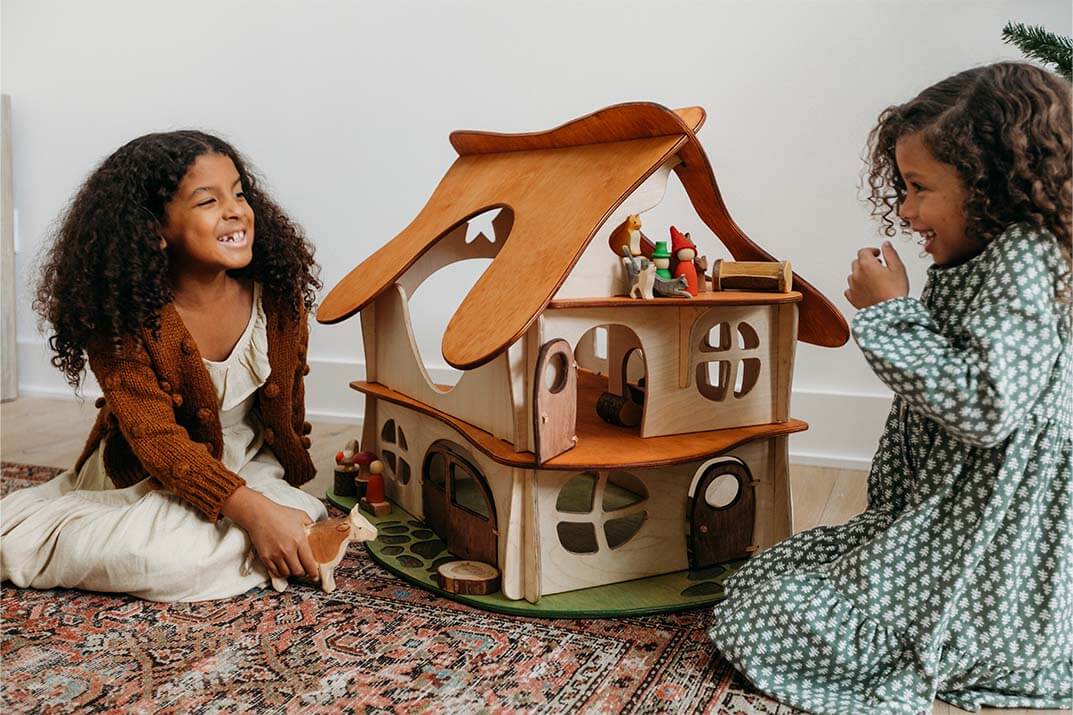



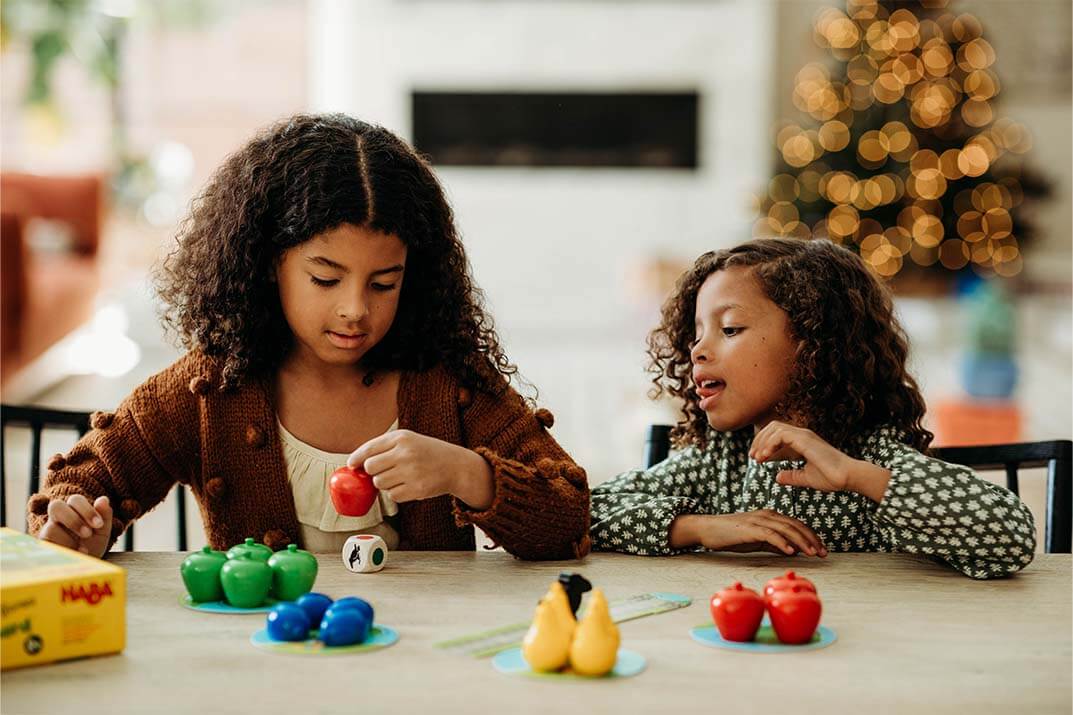

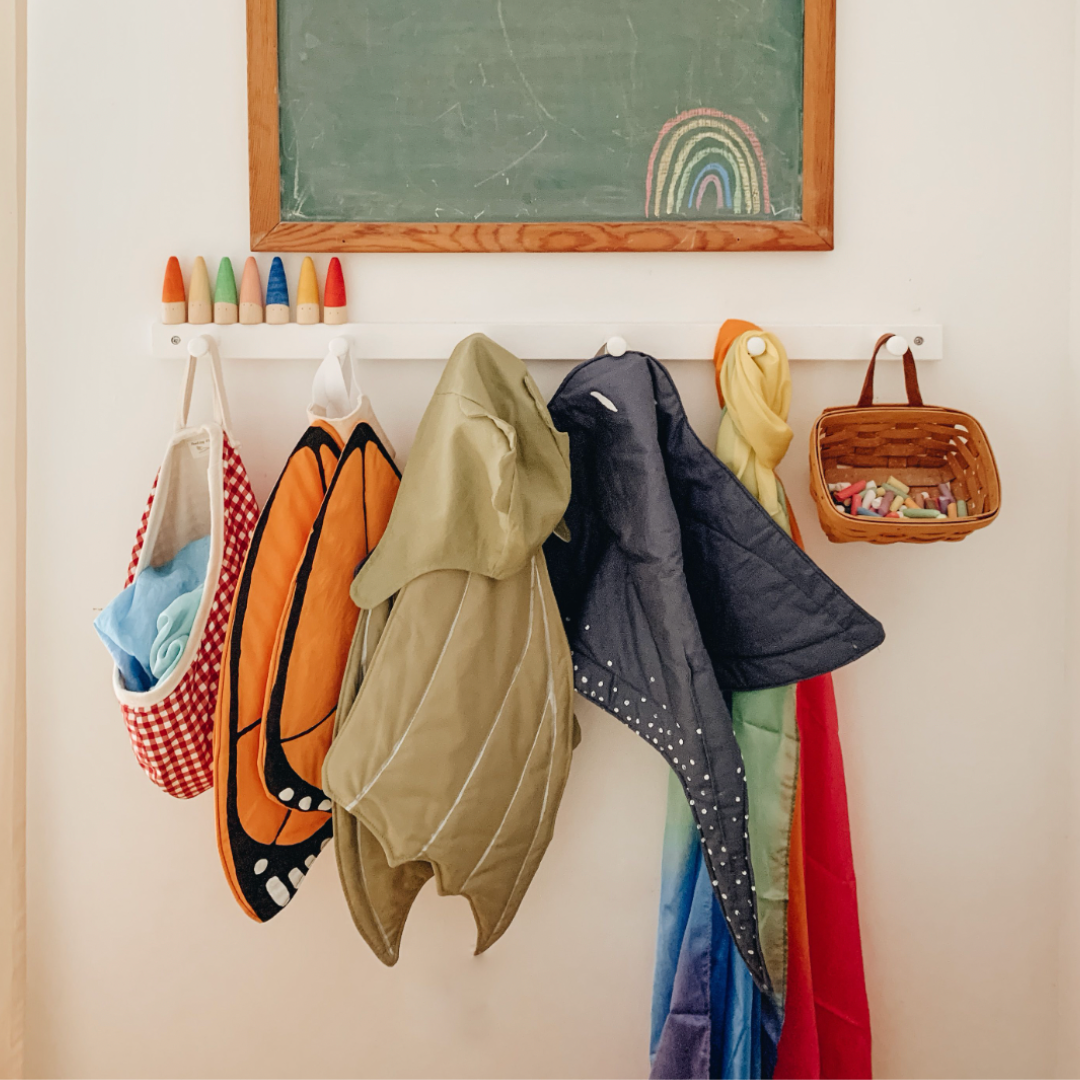









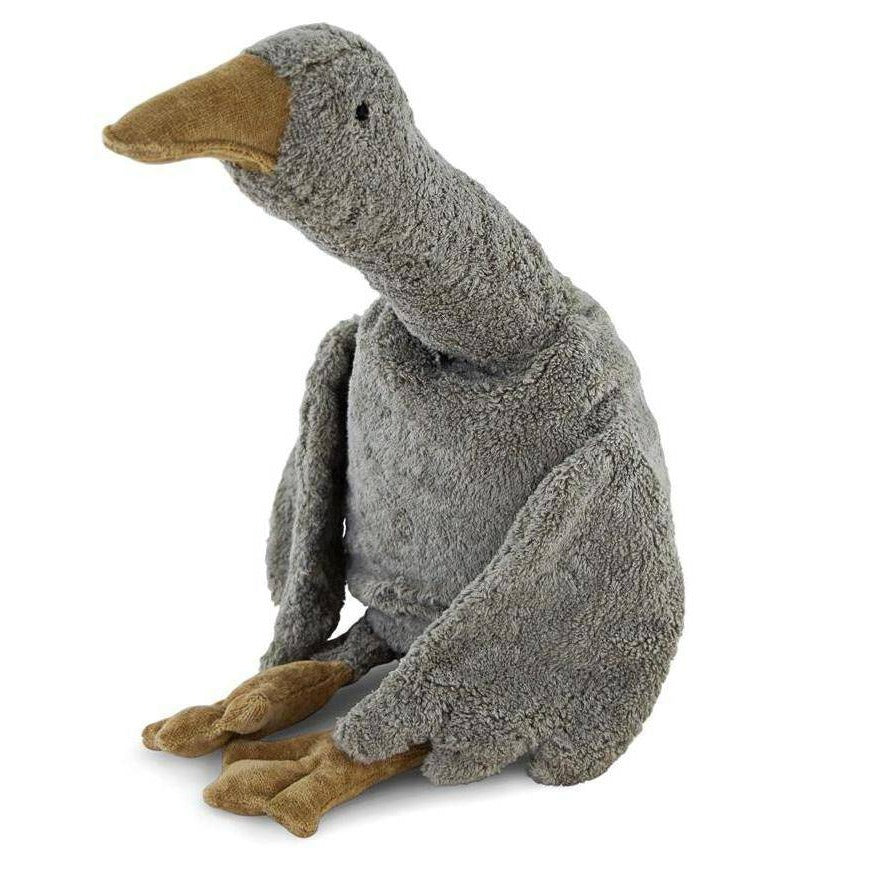
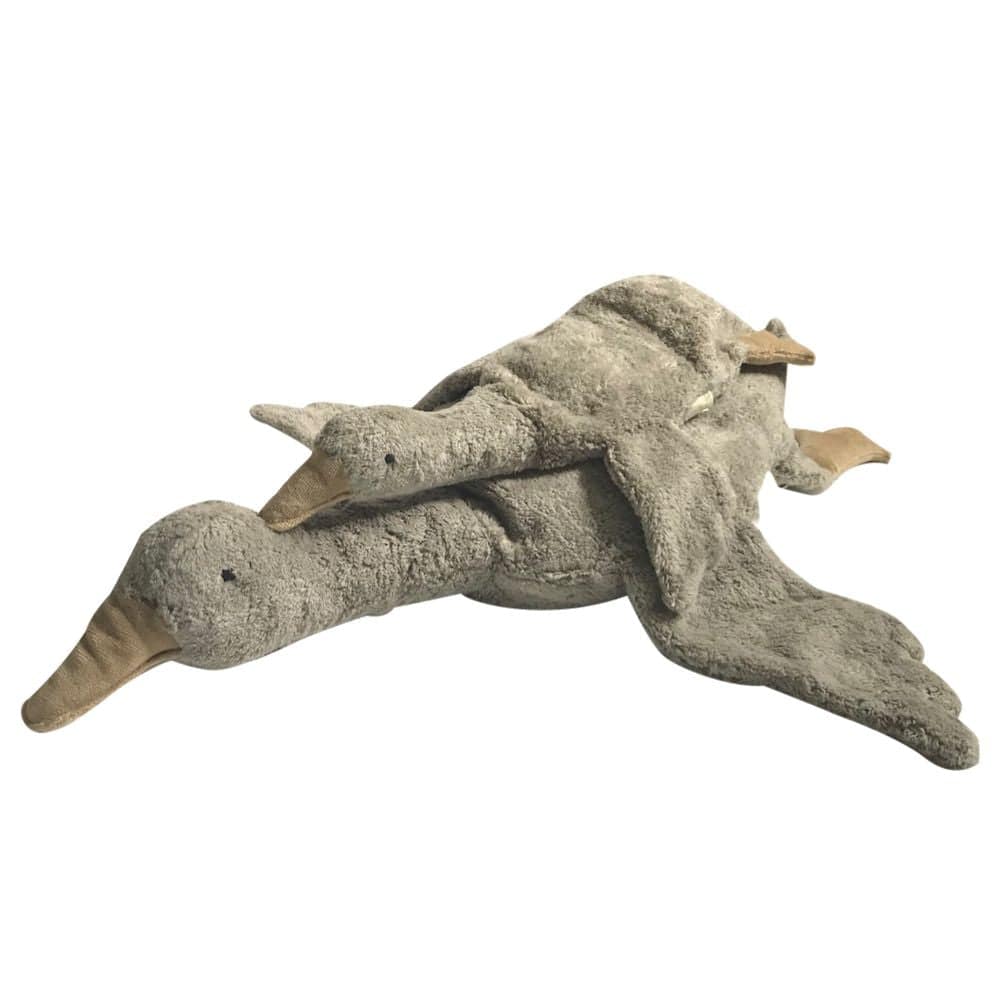


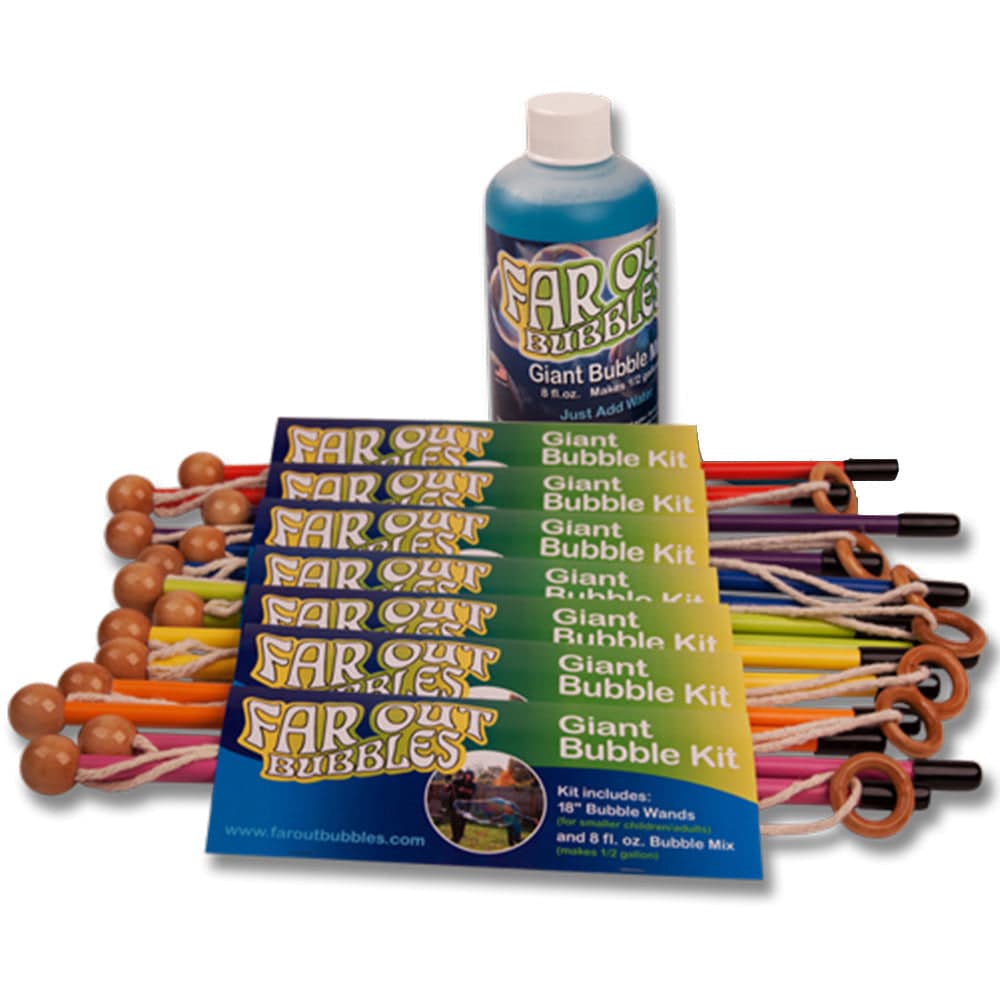

Leave a comment